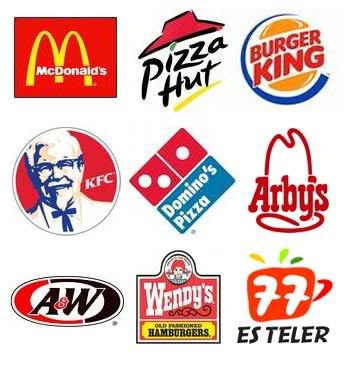
How Much Control?
Next to the importance of branding, a key ingredient to the development of a successful franchise is the crafting and implementation of an effective “system.” By system, I mean the standards and procedures developed by the franchisor, and required of the franchisee under the franchise agreement, to ensure the brand’s success. These systems vary greatly from industry to industry, and are as diverse as the number of franchises throughout the world.
The question each franchisor must ask is, how much control should I exert over the franchisee’s operations to assure the success of the brand in the marketplace? Too little control, and the brand suffers. Yet, too much control may lead to assuming liability for the actions of the franchisees and/or their employees.
What to Consider
Systems, and the corresponding level of control over the franchisee, is one of the most important issues to consider when drafting the franchise agreement.
One of the basic legal principles of the franchisor-franchisee relationship is that franchisees are generally not the agents of the franchisors, and so the franchisor should not be responsible for the acts of the franchisee or its employees/agents. However, this premise has been successfully pierced in actions where franchisors have been sued for various tort and discrimination-related claims by plaintiffs arguing that the required systems in the franchise agreements either contributed to the cause of the damages, or deprived the franchisee of the independence required to avoid the events leading to the injuries.
Plaintiffs have pursued a variety of such claims against franchisors, who are perceived as the financial “deep pockets.” Examples of litigation include: (1) personal injury and death caused by defectively designed hotel-industry systems, which were found to have remained under the control of the franchisors; (2) business-related claims asserted against a franchisor resulting from the intentional torts of its franchisees; (3) Title VII racial discrimination claims by customers; and (4) the on-premises sexual assault and beating of a franchisee’s employee, who then sued the franchisor. In each of these cases, the courts addressed the issue of franchise control, and specifically, to what degree the franchisor controlled the day-to-day operations of the franchisee.
Courts have considered the manner in which the franchise business operations or its physical premises were covered by the “system.” Further, whether the standards and procedures required in the franchise agreement included the “instrument,” or rather, the very cause of the claim for injuries and damages. Additionally, the courts considered what degree of independence the franchisee retained under the franchise agreement. Specifically, given the restraints imposed by the franchise agreement, the court weighs whether the franchisee was able to take any action which could have avoided the injury or loss without violating its contractual obligations to the franchisor.
Three Issues to Keep in Mind
A survey of these cases reveals several issues where the courts agree, which the franchisor should consider when drafting its franchise agreement with the important goal of limiting its liability for the acts of the franchisees:
First, the courts start with the threshold that mere enforcement of the franchise agreement, as well as the operations manual, will not generally expose the franchisor to liability.
Second, as noted earlier, franchisees are generally not the agents of the franchisors, and so, the franchisor should not be responsible for the acts of the franchisee.
Third, to overcome these legal presumptions, plaintiffs must establish the following exceptions (“burden of proof”):
- The franchisor, under the franchise agreement and/or operations manual, controlled the day-to-day operations of the franchise business; and
- The agreement and/or operations manual controlled the very instrumentality (means) which caused the injuries.
The prime lesson to be learned from these decisions is that the greater the control a franchisor exerts over its franchisee, the greater is the likelihood that a court will find the franchisor liable for the acts of its franchisees and/or its employees. In certain industries, such as hospitality, the necessity of a heightened degree of control becomes a balance between the brand’s strength and the risk of liability.
Franchisors should consider whether the extent of their control over the franchisee is worth the foreseeable risks, and draft their agreements and operations manuals, accordingly.
POSTSCRIPT: On July 29, 2014, the general counsel for the National Labor Relations Board issued a ruling finding that McDonald’s was a “joint employer” with its franchisees for the employees in its 14,000 franchised restaurants in the U.S. This ruling came in the form of an internal, unpublished memorandum related to a group of cases filed with the NLRB concerning protests over wage and hour issues. This issue is likely to be litigate for some time to come and will focus on the issue of control by the franchisor.
CLICK HERE for more information on Franchise Law.
BE ADVISED that these comments are not intended as legal opinions and are not to be relied upon as legal advice. If you need legal advice, please contact us to discuss the specifics of your franchise business.
© KilcommonsLaw, P.C. 2014
